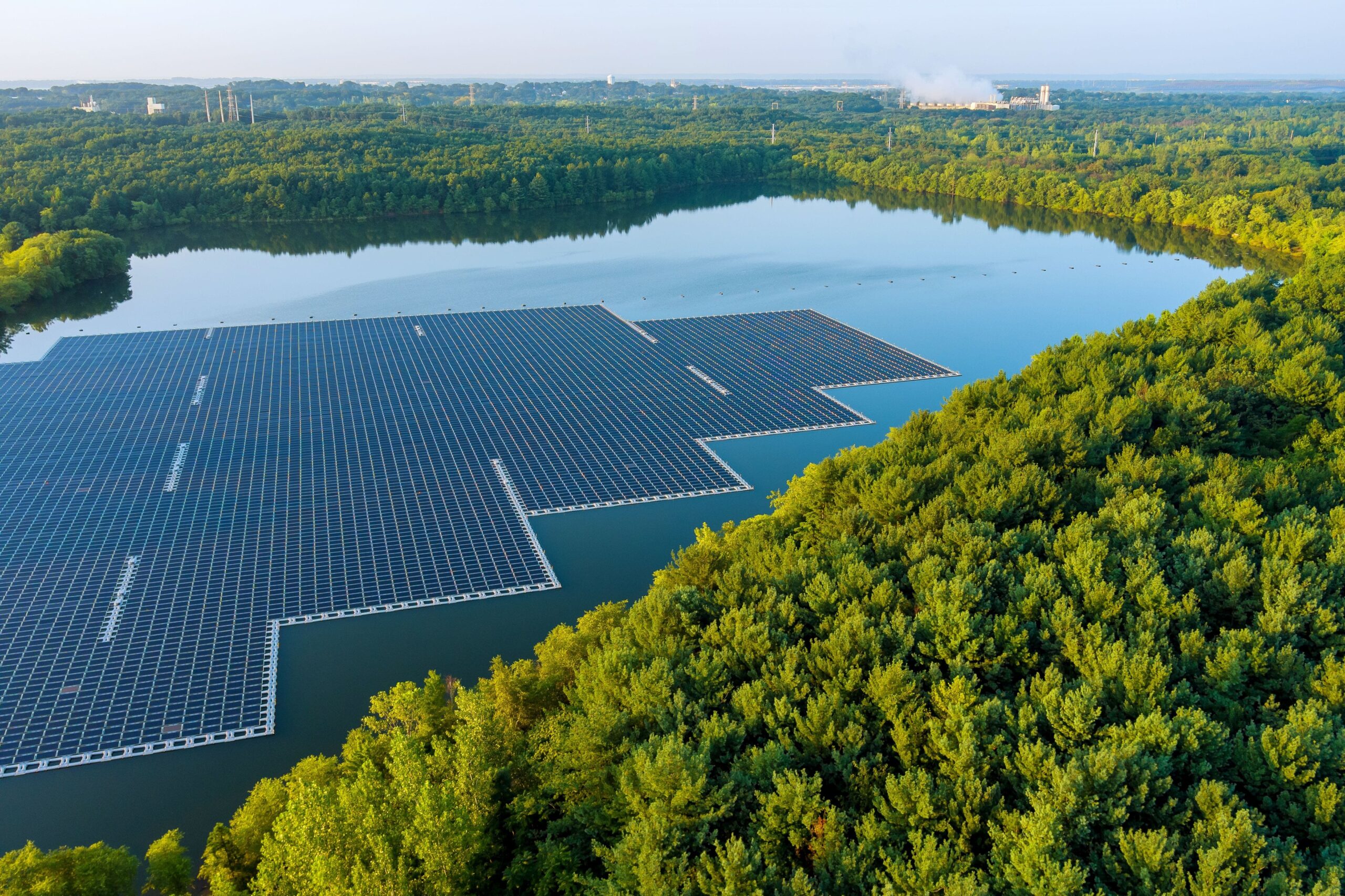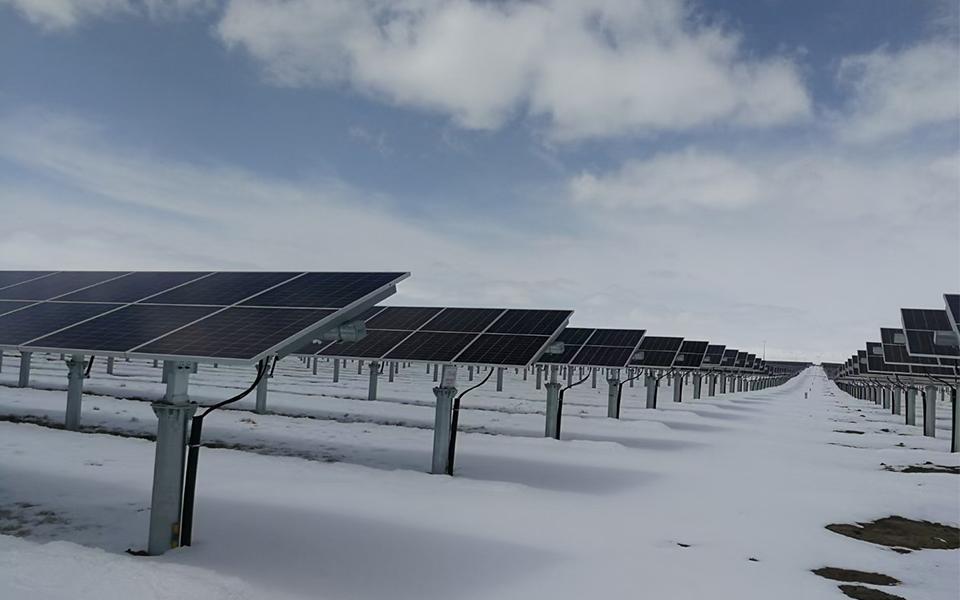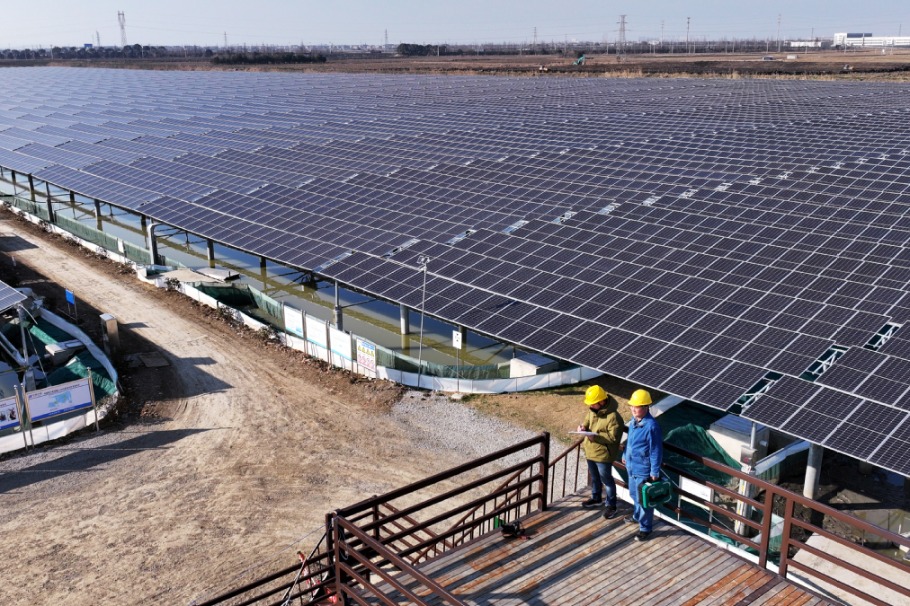Floating Solar Plants to Boost Renewable Energy
Turkey is making significant strides in renewable energy with its investment in Floating Solar Energy Plants (FPV), targeting an impressive 80,000 megawatt capacity. This initiative, fueled by recent legislative reforms, aims to mitigate water evaporation and protect water resources while simultaneously enhancing electricity generation. The move aligns with global energy trends, focusing on sustainable and innovative energy solutions.
Legislative Reforms Pave the Way
The Turkish Grand National Assembly’s recent amendments to the Mining Law and other statutes have cleared the path for the development of FPV technology. These changes facilitate the adoption of floating solar fields, emphasizing the country’s commitment to environmental conservation and energy efficiency. With an FPV potential of 80,000 megawatts, Turkey positions itself as a leader in renewable energy innovation.
Global Significance of FPV Adoption
Adopting FPV on a global scale, covering 30% of the world’s reservoirs, could yield nearly 9,500 terawatt-hours of electricity annually. For Turkey, which produces about 330 terawatt-hours per year, this represents a substantial increase in renewable energy output. The shift towards FPV technology comes at a crucial time, driven by economic recovery efforts post-COVID-19 and the urgent need for sustainable energy sources amidst rising energy prices and geopolitical tensions.
A Sustainable Future with Solar Energy
Turkey’s focus on diversifying solar energy applications showcases its alignment with worldwide green energy policies. Solar technology, capable of being implemented across various landscapes, offers a path to significant carbon dioxide emission reductions. By 2050, solar panels could prevent 4.9 gigatons of carbon emissions annually, marking a critical step towards achieving global emission reduction goals. Turkey’s investment in FPV not only contributes to its energy sustainability but also sets a precedent for global renewable energy efforts.
Source: www.albawaba.com





